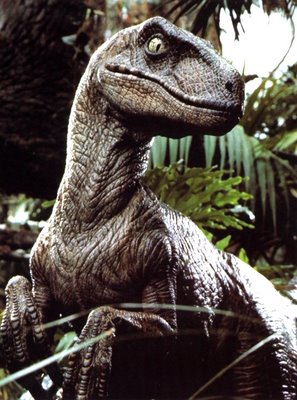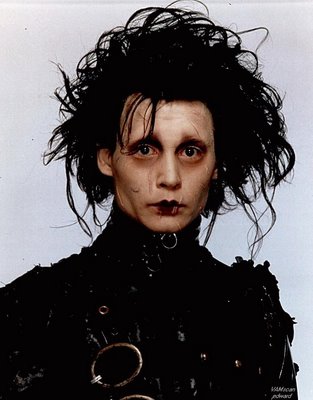It’s hard to think of monster movies in the last several decades without the towering influence of Stan Winston, who has just passed away after a long illness. And it is inspiring to think that a single individual created so much movie magic. Aliens, Predator, Edward Scissorhands, Jurassic Park, The Terminator, these are names that conjure a very specific kind of vision. And the link between them, whether Burton or Cameron or Spielberg was at the helm, was Stan Winston.

We have now decisively entered a digital age of perpetual visual one-upmanship, where computer graphic effects allow our movie monsters to break free of all laws of physics, from slinking Gollums to swinging Spidermen to bounding Hulks. It’s all very impressive, yet somehow, on a subliminal level, we know that the creatures we see before us are merely things of light and shadow.
Winston’s creatures were different. He was the final hold-out, Hollywood’s last bridge to an older world, to King Kong and the films of Ray Harryhausen. Winston’s creatures have an old fashioned physicality to them, a pre-digital specificity that gets under your skin. For all their dark gleam, they share a quality that is, in its way, almost Victorian.

As odd as it seems, we are drawn to Burton’s Edward Scissorhands, Cameron’s Alien, and Spielberg’s Tyrannosaurus Rex in similar ways. There is a reason great directors have sought him out for film after film. All of his creatures share an existential burden, which on some level we recognize, and which is missing from even the most skillfully rendered of digital beings. His creatures, finding themselves in a world of uncomprehending humans, seem simultaneously lovely and monstrous, awkwardly physical. This feeling is familiar because it is the way we all felt as small children, exhilarated yet embarrassed to find ourselves inhabiting these strange bodies.
Winston’s creations, even his fiercest monsters, consistently convey an undertone of vulnerable awkwardness. We care about them because we are able to see the world through their eyes. They are not merely the Other, the thing lurking in the closet or hiding under the bed. They are also, somehow, us.